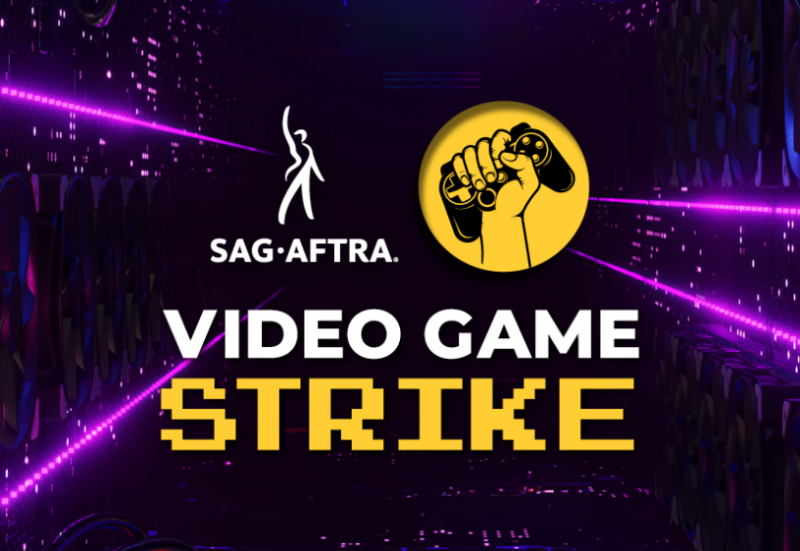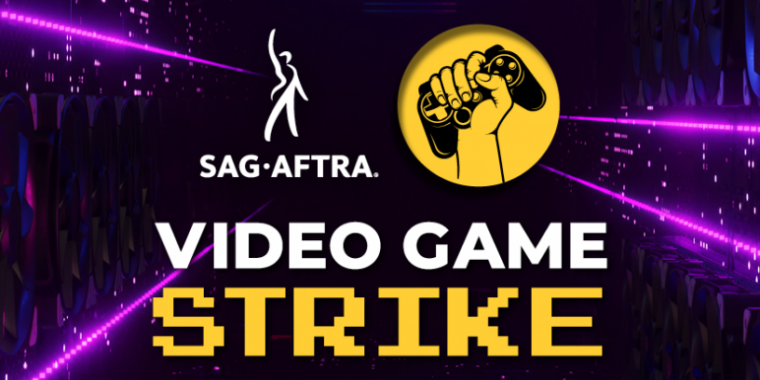
SAG-AFTRA has called for a strike by all of its members working in the video games industry. The union is demanding that its next contract not allow “companies to abuse AI to the detriment of our members.”
The strike mirrors similar actions taken last year by SAG-AFTRA and the Writers Guild of America (WGA). Those strikes were broader in scope than just AI, but also focused on concerns about AI-generated work product and the use of members’ labor to train AI.
“Frankly, it’s staggering that these video game studios haven’t learned the lessons of last year: that our members can and will stand up and demand fair and equitable treatment regarding AI, and the public supports us in doing so,” Duncan Crabtree-Ireland, lead negotiator for SAG-AFTRA, said in a statement.
During the strike, the union’s more than 160,000 members will not provide talent to games produced by Disney, Electronic Arts, Blizzard Activision, Take-Two, WB Games and others. Not every game will be affected. Some productions may have interim agreements with union members, and others, such as continuously updated games that launched before current negotiations began in September 2023, may be exempt.
The publishers and other companies released statements to the media through a communications firm representing them. “We are disappointed that the union has chosen to walk away while we are so close to a deal, and we remain prepared to resume negotiations,” said a statement provided to The New York Times and other media. The statement said the two sides had found common ground on 24 of the 25 proposals and that the game companies’ offers were responsive and “expand meaningful AI protections.”
According to the Washington Post, the biggest remaining problem is on-camera performers, including motion capture artists. Crabtree-Ireland told the Post that while AI training protections were extended to voice actors, motion and stunt work were left out.[A]“All of those artists deserve the right to informed consent and fair compensation for the use of their image, their likeness or voice, their performance. It's that simple,” Crabtree-Ireland said in June.
It will be some time before the impact of a game performer strike is known, if it ever happens, due to the nonlinear and secretive nature of game production. A game’s concept, development, casting, acting, announcement, and further development (and development pivots) happen on whatever timeline they’re on.
SAG-AFTRA has a tool to search game titles to see if they've been delisted for union work, but it's cumbersome and only recognizes specific production titles, code names, and ID numbers. Searches for Grand theft auto VI And 6 returned a “Game Over!” (i.e. crossed out), but Kotaku confirmed that the game is technically unaffected, even though its parent publisher, Take-Two, has been crossed out overall.
Video game performers in SAG-AFTRA last went on strike in 2016, over long-term royalties. The strike lasted 340 days, still the longest in the union's history, and was resolved with pay increases for actors, while vocal stress conditions and residuals were left unaddressed. The impact of that strike was generally hidden or largely downplayed, as affected titles hired replacements who were not members of the union. Voice work, as noted by the original English voice for Bayonettaremains a largely unprotected area.

